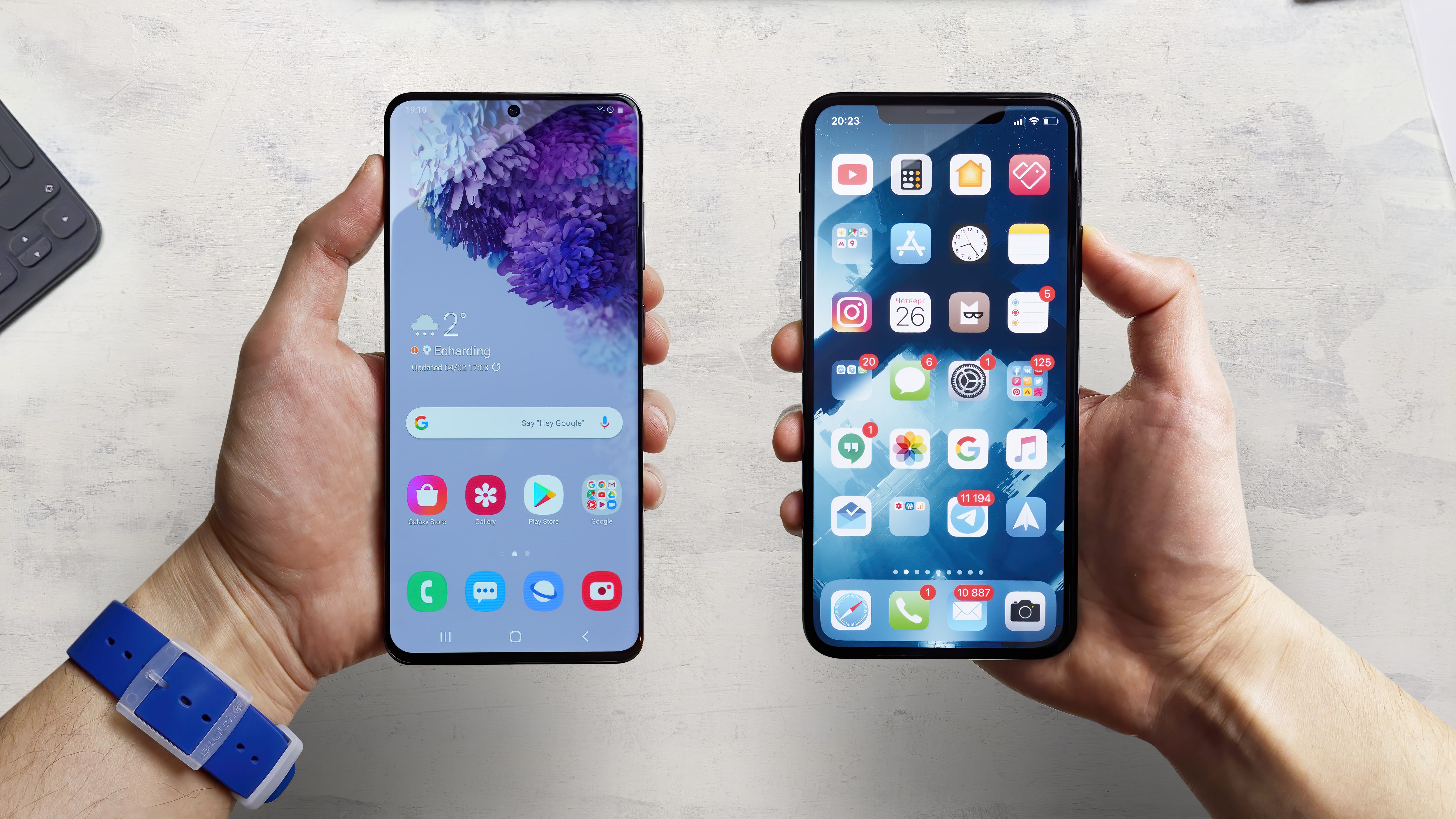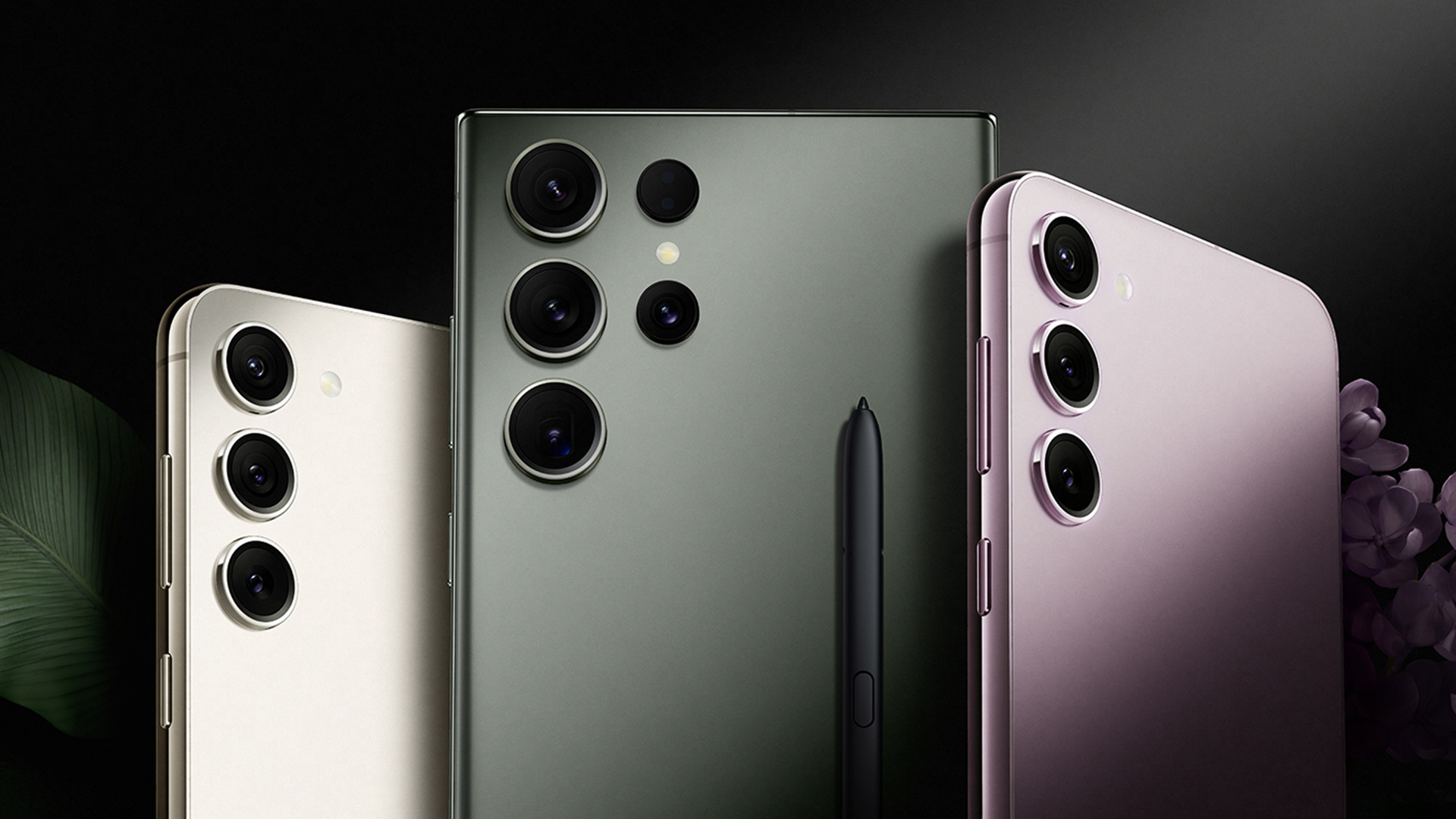
Like many of the best Android phones in 2023, all three models in the recently-released Samsung Galaxy S23 line are powered by Qualcomm’s excellent Snapdragon 8 Gen 2 chipset – but Apple’s top-of-the-line A16 Bionic continues to deny Samsung the privilege of calling its smartphones the fastest on the planet.
That could all change in 2024, though. According to serial leaker RGcloudS, Qualcomm’s in-development Snapdragon 8 Gen 3 processor will be significantly more powerful than the Snapdragon 8 Gen 2, with the Galaxy-specific version of the chipset set to beat Apple’s upcoming A17 Bionic “on paper.”
In other words, the Samsung Galaxy S24 and its larger siblings – which we expect to launch early next year – could be faster than the iPhone 15, iPhone 15 Pro and much-rumored iPhone 15 Ultra. Of course, these speed gains are likely to be negligible, but the leak nonetheless bodes well for the performance credentials of future Android devices.
Snapdragon gen 3 is indeed strongBigger jump compared to last genApparently the main contributor was arm itself, especially X4 & 1,4,3 configi think it's almost confirmed that gen3 for galaxy will beat bionic 17 frequency"on paper"up to 3.7+ghz for mobileMarch 3, 2023
To get more granular, RGcloudS claims that the Snapdragon 8 Gen 3 will boast a high-performance Cortex-X4 core clocked at 3.7GHz, four low-frequency performance cores and three efficiency-focused cores. For comparison, the standard Snapdragon 8 Gen 2 boasts a 3.2GHz clock speed, meaning its successor looks set to be 15% more powerful.
The Samsung Galaxy S23, S23 Plus and S23 Ultra all pack a bespoke version of Snapdragon 8 Gen 2, but 3.7GHz would still mark a sizable increase over that chipset’s slightly higher 3.36GHz clock speed.

It’s not crystal clear whether the figures quoted by RGcloudS definitely refer to the standard version of Qualcomm’s next flagship chipset (rather than the Galaxy-specific version), but their mention of "Gen 3 for Galaxy" suggests we will indeed be seeing two variants of Snapdragon 8 Gen 3, as in 2023 with the 8 Gen 2.
We'd expect the base Snapdragon 8 Gen 3 chipset to find its way into future Xiaomi, Honor and OnePlus flagships, though again, the performance differences between these devices and Samsung's next Galaxy S phones are likely be negligible.
Get daily insight, inspiration and deals in your inbox
Sign up for breaking news, reviews, opinion, top tech deals, and more.
We’re also expecting Samsung to offer Qualcomm chipsets across the board with the Samsung Galaxy S24 line. In years prior to the release of the S23 range, the company used either Snapdragon or Samsung Exynos processors in its flagship phones, depending on the regions in which customers were buying them.
The lack of processor discrepancy between regions is a key part of the reason we rate Samsung’s latest phones so highly, so we think it’d be foolish of the company to undo all that good work with its next line of Galaxy S series devices.
For more on Samsung’s newest flagships, read our complete Samsung Galaxy S23 review, Samsung Galaxy S23 Plus review and Samsung Galaxy S23 Ultra review.

Axel is TechRadar's UK-based Phones Editor, reporting on everything from the latest Apple developments to newest AI breakthroughs as part of the site's Mobile Computing vertical. Having previously written for publications including Esquire and FourFourTwo, Axel is well-versed in the applications of technology beyond the desktop, and his coverage extends from general reporting and analysis to in-depth interviews and opinion. Axel studied for a degree in English Literature at the University of Warwick before joining TechRadar in 2020, where he then earned an NCTJ qualification as part of the company’s inaugural digital training scheme.